What is the kidney transplantation?
The main function of the kidneys is to filter and remove waste, minerals and fluid from the blood by producing urine. When the kidneys lose this filtering ability, harmful levels of fluid and waste accumulate in the body. Due to this there will be a raise in blood pressure and result in kidney failure (end-stage renal disease). End-stage renal disease can be called when the kidneys have lost about 90% of their ability to function normally. In short the kidney transplant is a surgery to place a healthy kidney from a living or deceased donor into a person whose kidneys no longer function properly.
What are the types of kidney transplantation?
- Deceased-donor kidney transplant: It is the most common type of kidney transplant. If the organ donor dies, they may donate their kidneys to people who are in need of kidney transplant.
- Living-donor kidney transplant: A living-donor kidney transplant means someone who is willing to donate a kidney to a person in need. Most people have two healthy kidneys and can live normal lives with only one.
Living donors can be a:
- Parent
- Relative
- Friend
- Neighbour
- Stranger looking to help a child in need
Preemptive kidney transplant: The preemptive kidney transplant is the process when you receive a kidney transplant before your kidney function deteriorates to the point of needing dialysis to replace the normal filtering function of the kidneys.
What are the common causes of end-stage kidney disease/ kidney failure?
- Diabetes
- Chronic, uncontrolled high blood pressure
- Chronic glomerulonephritis — an inflammation and eventual scarring of the tiny filters within the kidneys
- Polycystic kidney disease
What is the need of a kidney transplant?
The kidney transplant is must when a person suffering from end stage renal disease (ESRD). A kidney transplant is often the treatment of choice for kidney failure, compared with a lifetime on dialysis. A kidney transplant can treat chronic kidney disease or end-stage renal disease to help you feel better and live longer.
Compared with dialysis, kidney transplant better because of:
- Better quality of life
- Lower risk of death
- Fewer dietary restrictions
- Lower treatment cost
What are the complications of Kidney Transplantation procedure?
Kidney transplant surgery may carry a risk of significant complications, including:
- Blood clots and bleeding
- Leaking from or blockage of the tube that links the kidney to the bladder (ureter)
- Infection
- Failure or rejection of the donated kidney
- An infection or cancer that can be passed on from the donated kidney
- Death, heart attack and stroke

